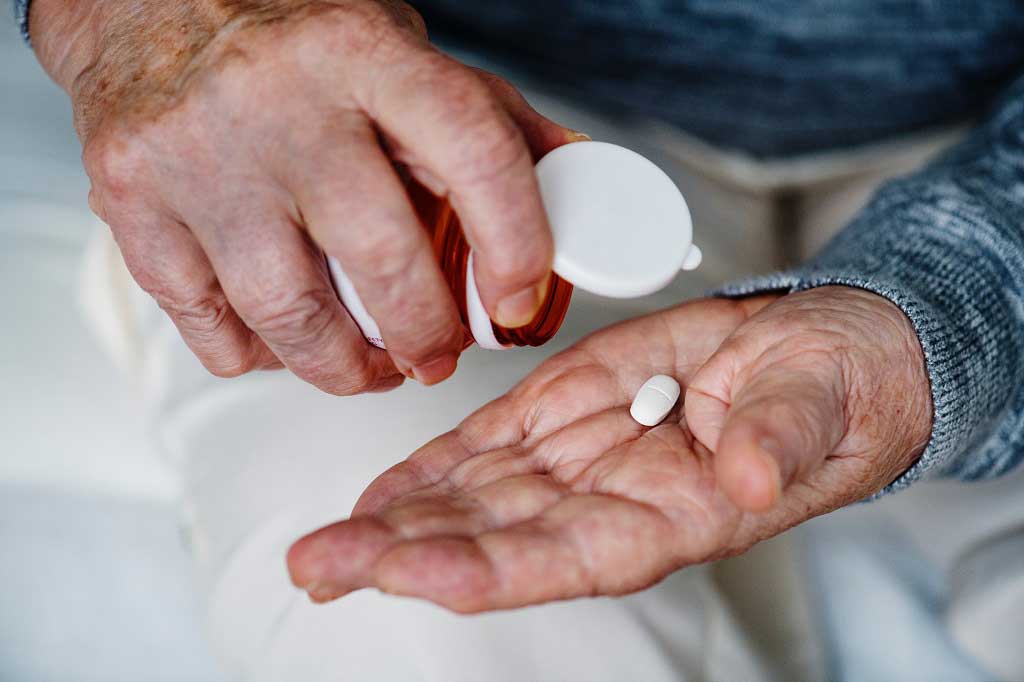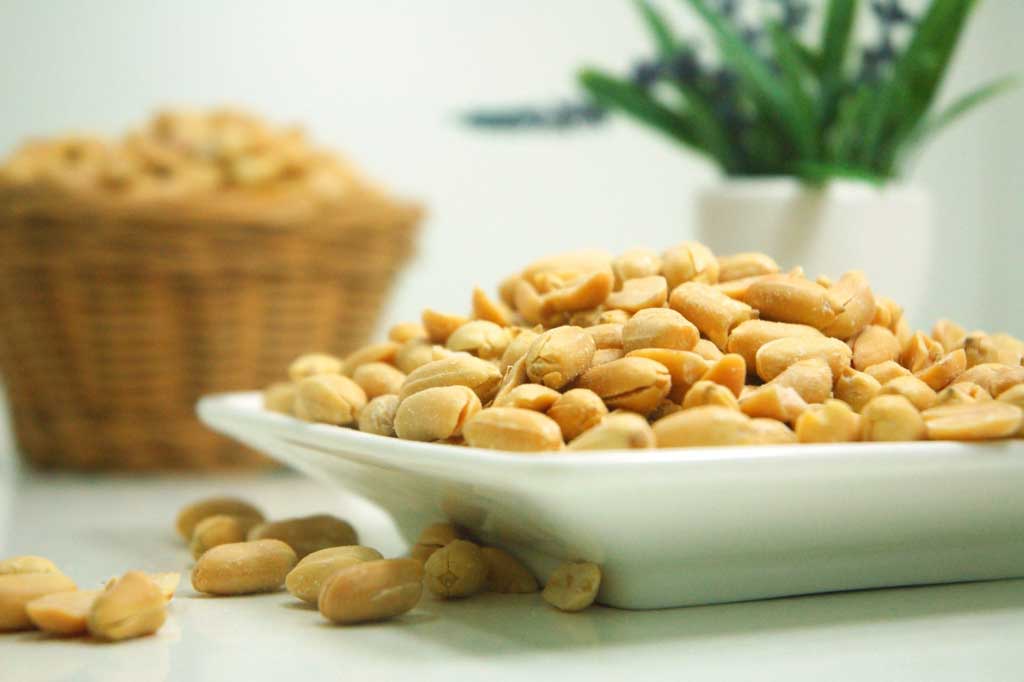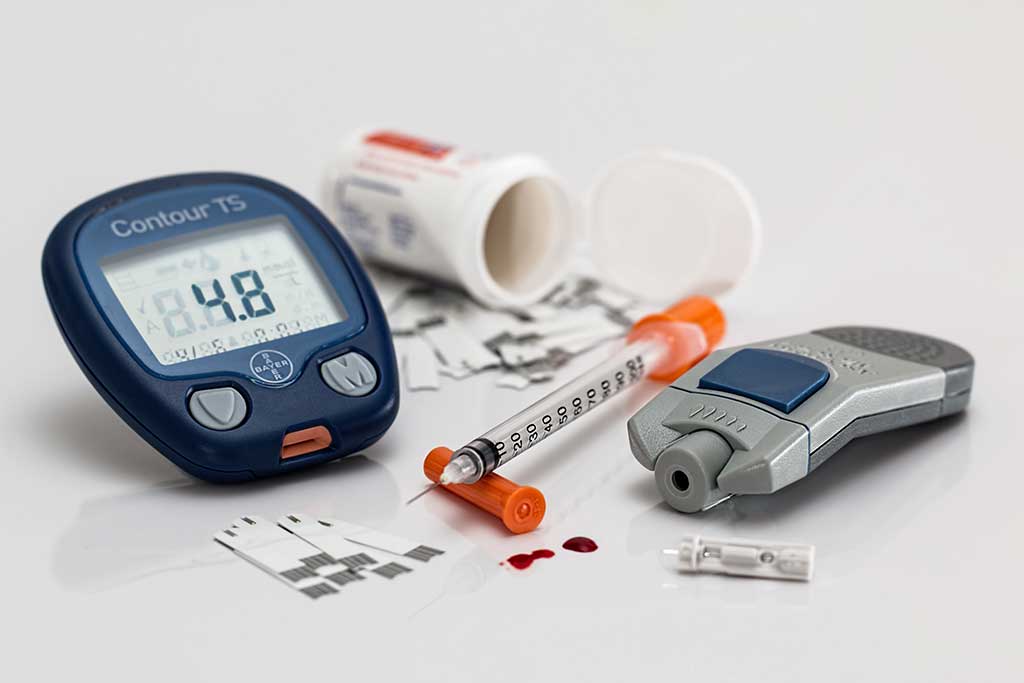Toxic metals in Ayurvedic remedies
Medication
Popular Indian herbal medicines sold over the internet may contain harmful levels of poisonous toxic metals, The Guardian reports. Laboratory tests on Ayurvedic
Popular Indian herbal medicines sold over the internet may contain harmful levels of poisonous toxic metals, The Guardian reports. Laboratory tests on Ayurvedic remedies found that up to one in five of them contained dangerous amounts of lead, arsenic and mercury, which “can lead to acute poisoning”, the newspaper says.
There has been a surge in the popularity of alternative remedies such as Ayurvedic medicines, which are used to treat a variety of ailments. This study highlights the fact that many alternative therapies do not have to undergo the stringent health and safety research and monitoring that conventional medicines do. This study will lead to further testing and research into the safety of Ayurvedic medicines and other alternative therapies. People taking Ayurvedic or other alternative therapies to self-treat medical conditions should contact their doctor if they have any concerns, particularly if they are taking prescription medications at the same time.
Where did the story come from?
Dr Robert Saper from Boston Medical Center, US, and colleagues, carried out this research. The lead researcher had financial support through a Career Development Award from the National Center for Complementary and Alternative Medicine; another researcher had previously been a research associate for the Ayurvedic medicine manufacturer, Arya Vaidya Pharmacy. The study was published in the peer-reviewed medical journal: Journal of the American Medical Association .
What kind of scientific study was this?
This was a cross-sectional analysis where the researchers obtained samples of Ayurvedic remedies identified through a broad search of the internet for manufacturers. They then tested the products in order to see if they contained detectable levels of lead, mercury and arsenic, and to see whether there were differences between US- and Indian-manufactured remedies. The researchers suspected that toxic metals may be present due to the process of combining herbs with minerals, metals and crystals during manufacture – a process known as rasa shastra.
In November and December 2004, the researchers carried out internet searches on five commonly used search engines (Google, Yahoo, MSN, AOL and Ask Jeeves) using the search terms ‘Ayurveda’ and ‘Ayurvedic medicine’. The first page of results generated by each search engine was used as the source for the websites that supplied products for the study. In order to be included products had to meet the criteria of: containing traditional Ayurvedic herbs; being taken orally; and being available for purchase. A total of 673 products were identified and a computer-generated random number sequence was used to select 230 of them which were then purchased over the internet in August, September and October 2005.
The researchers noted the country of manufacture for each product and whether the manufacturers were members of any herbal-manufacturer associations. They also documented formula, instructions for use and cost. An Indian-trained Ayurvedic practitioner noted whether formulations were traditional rasa shastra formulations or not. Products were anonymously transferred to vials and laboratory methods were used to test for detectable levels of lead, mercury and arsenic. The researchers then assessed the ratio of toxic metal-containing products compared with those without detectable levels.
What were the results of the study?
Of the 230 products selected for purchase, 84% of them were received and these came from 37 different manufacturers. Overall, 20.7% of the products had detectable levels of metals, with no significant difference between those products manufactured in the US (21.7%) compared with India (19.5%). However, 95% of metal-containing products were sold by US websites. The prevalence of detectable metals in the rasa shastra medicines (40.6%) was significantly higher compared with the non-rasa shastra medicines (17.1%). The rasa shastra medicines (mostly of Indian manufacture) contained significantly higher concentrations of both lead and mercury. The concentration of mercury was also significantly higher in Indian-manufactured products compared with US-manufactured products. All the products that contained metal were found to exceed at least one, or more, regulatory standards for daily intake of toxic metals, in other words, by taking the manufacturers recommended dose, recommended daily intake levels for the metals would be exceeded.
Seventy-five percent of products containing detectable metals came from manufacturers that claimed to have good manufacturing processes. Manufacturers who had membership of the Indian-based Ayurveda Drug Manufacturers Association (ADMA) were no more likely to have a reduced level of toxic metals in their products than those without membership; however, those with membership of the US-based American Herbal Products Association (AHPA) were less likely to have detectable toxic metals in their products.
The list of products that contained detectable toxic metals, their manufacturers and website suppliers is given in the journal article but they are not listed here. Complete indications for the use of each therapy are not given in the journal article.
What interpretations did the researchers draw from these results?
The researchers conclude that one fifth of both the US and Indian Ayurvedic medicine products purchased via the internet contain detectable levels of mercury, lead or arsenic.
What does the NHS Knowledge Service make of this study?
This research will no doubt raise concerns about the use and safety of Ayurvedic medicines.
- The search and identification of products was carried out four years ago and manufacture of the remedies may have altered since then.
- Although a large sample was tested, which is likely to be fairly representative, the method of sampling websites just from the first results page of a search for ‘Ayurveda’ and ‘Ayurvedic medicine’ is likely to exclude a whole range of products that were not identified.
- It is not possible to say whether the 16% of products that the researchers were unable to obtain were more or less likely to contain toxic metals (reasons for non-supply were various, but did include the manufacturers having knowledge that the researchers were studying Ayurvedic medicine products).
- The study may have been subject to some misclassification of manufacturer details, use or rasa shastra status, either due to unclear product information or errors in the researchers’ data collection.
- Although there may be overlaps between internet and shop-purchased products, results of this research can not applied to remedies purchased in health food shops and similar retailers, or to those prescribed by an Ayurvedic practitioner. The results also have no implications on non-Ayurvedic alternative therapies.
- The possible effects on health of detectable levels of lead, mercury and arsenic in Ayurvedic medicine products is unknown and has not been investigated by this research. However, the researchers note that ingestion according to the manufacturer’s instructions of any of the products they tested would mean that at least one regulatory standard (i.e. maximum allowable daily dose) was violated. They call for “strictly enforced, government-mandated daily dose limits for toxic metals in all dietary supplements”.
With the surge in popularity of alternative remedies such as Ayurvedic medicines and their use to treat a variety of common ailments including depression, anxiety, brittle bones and blood pressure, the public should be aware that many alternative therapies do not have to undergo the stringent health and safety research and monitoring that conventional medicines do. This article highlights this issue and is likely to provoke further testing and research into the safety of Ayurvedic medicines and other alternative therapies. People taking any Ayurvedic or other alternative therapies to self-treat medical conditions should seek medical advice if they have concerns and inform their doctor, particularly if they are taking prescription medications at the same time.
Sir Muir Gray adds...
It is essential to remember that all medical care can potentially do harm as well as good.






 Subscribe
Subscribe Ask the doctor
Ask the doctor Rate this article
Rate this article Find products
Find products






